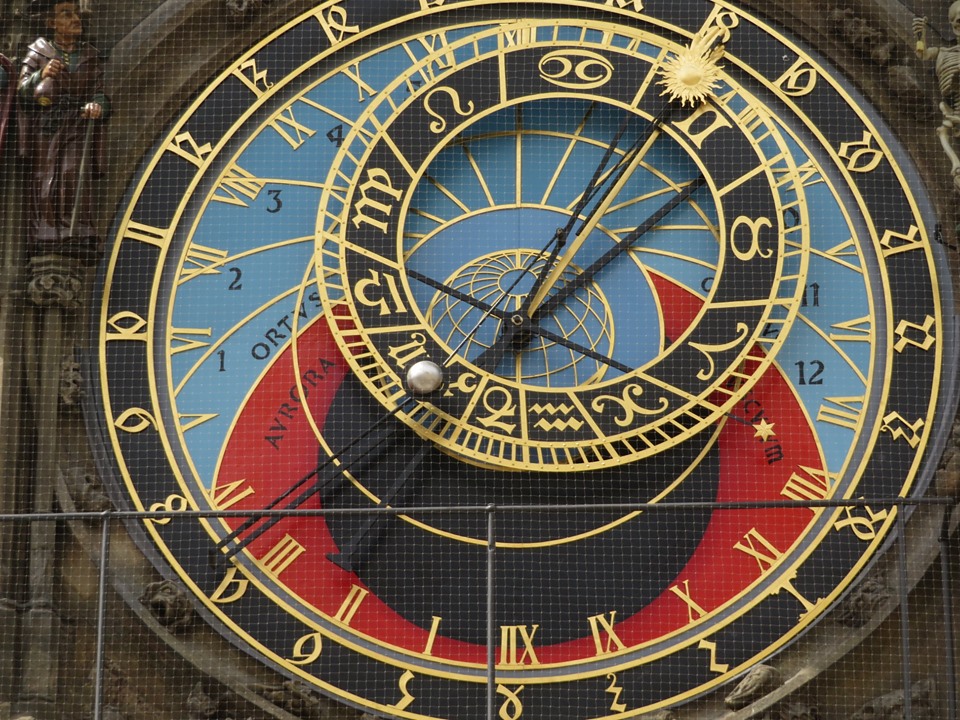Summer Time ends and Winter Time starts October 27 at 3 am. People across the Czech Republic are supposed to set clocks back one hour to 2 am. Most computers, phones and similar electronics do this automatically these days.
Old-school watches and clocks still need to be adjusted by hand. An easy way to remember what to do is the phrase “spring ahead, fall back.”
People also need to
double-check departure times for trains, planes and other formed of
transportation, especially at night.
While the European
Union is in the process of ending the practice of changing clocks
back and forth, that has not taken effect yet. Current EU rules still
require all member states to change clocks, as this makes
international travel and business easier if the times are
coordinated.
If the current
proposals are adopted without changes, the last changing of clocks
would take place October 31, 2021. Surveys showed that 80% of people
in the EU opposed changing clocks.
Some non-EU
countries have already stopped the practice, including Russia,
Turkey, Belarus and Iceland.
Many people refer to
the time change as Daylight Saving Time, but in Europe, the term is
actually Summer Time. Daylight Saving Time in the Americas ends
November 3.
The practice of
changing the time originally was meant to save energy use, but with
modern efficient lights and people’s flexible work schedules, the
energy savings is actually quite small.
One clock in Prague
that can’t change is Old Town Square’s Astronomical Clock. While
its complicated face shows several different times such as Old
Bohemian time, Babylonian time, Old German time and sidereal time,
the clock cannot be made to skip an hour. The clock tracks the
movements of the sun and moon against the zodiac, linking them to the
time, and this can’t be pushed back or forward.

Communist
authorities tried to do so, with the result being the time was
correct but the positions of the zodiac, sun and moon were
significantly wrong for half the year.
The Astronomical
Clock was built in 1410, and the practice of moving the clock back
and forth an hour according to the seasons started in the
Austro-Hungarian Empire and Germany in 1916 to save energy during
World War I.
Summer Time in
Europe fell out of use after World War I ended and was reintroduced
during World War II, only to fall out of favor again until the power
shortages of the 1960s. The European Community, a precursor to the
European Union, issued a directive in 1981 for all of its members
regarding the starting date of Summer Time, but there were still
differences in the ending date.
In 1998, the end of
Summer Time (and the start of Winter Time) was adjusted to be the
last Sunday in October for all EU member states.
Clocks will next
change March 29, 2020, by going ahead an hour.












 Reading time: 2 minutes
Reading time: 2 minutes 


























